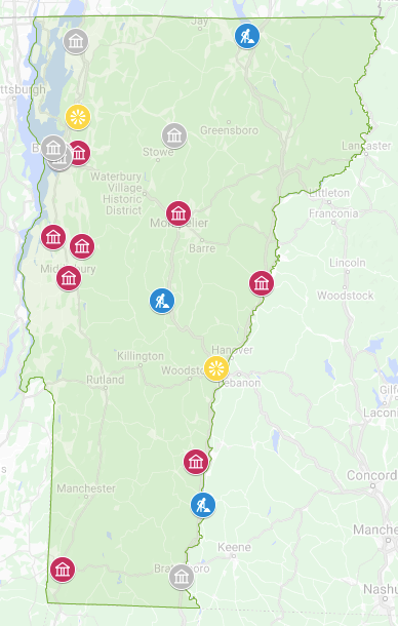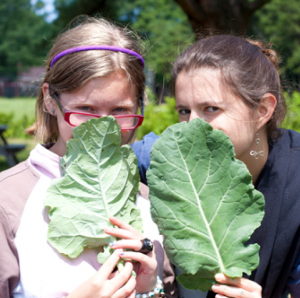Recently Vermont Afterschool reached out to the youth centers and other drop-in based programs that serve adolescents and young adults across the state to see how they were doing, especially in light of the COVID-19 pandemic. Vermont Afterschool convenes a group known as VYCA: The Vermont Youth Center Alliance. Programs meet up on monthly calls to discuss best practices and trends, share resources, and collaborate on projects. VYCA also holds longer get togethers throughout the year to do more in-depth planning and collaboration.
In the survey, centers were asked a number of questions, both specifically about COVID-19 and its effects, as well as more general questions about the status of their programs. In terms of how programs have been responding to the coronavirus pandemic, all programs have obviously shut their doors to actual in-person visits, but many are offering creative solutions to maintain connection with and amongst the youth they serve. Many have begun offering online services, most mirroring their open hours and offering the same connection to trusted staff. Offerings such as online video and board games as well as things like trivia have begun. More outside-the-box offerings such as community scavenger hunts done individually with photo evidence sent in have sprung up as well. Some sites have also transitioned to working on their own or with mutual aid organizations or other groups to provide meals or art supplies to the youth they serve.
These steps have done a great deal to maintain the connection youth centers provide, but challenges unfortunately abound. The largest of these challenges is actually establishing these connections digitally. Many young people have limited access to technology, so even if they wanted to connect to the staff our peers, they could not. Spotty internet or cell phone service coverage or limited phone data plans have made this a present and persistent challenge.
Programs reported also facing the challenge of having difficulty knowing precisely how to connect with youth to communicate the offerings they have. Without the physical hub of a drop-in center, program leaders are left to scramble to try to use a patchwork of social media, email, phone numbers and word of mouth to get information to youth who could join. This also makes it difficult to gauge what challenges young people are facing and what support could help.
Lastly, programs reported a lot of boredom and frustration from teens. Feeling stuck at home can often be a little maddening at best or downright dangerous for some youth. This isolation and need to connect through screens just doesn’t replace real face-to-face connection. Maintaining relationships over distance is a lot of hard work. This is especially true for young people, for whom relationships are an even larger part of their lives because of where they are developmentally. Doing school, socializing, reading the (often upsetting) news, etc. all through your phone takes its toll on your wellbeing.
Lastly, we asked programs what support they could use from us as Vermont Afterschool and VYCA. One large theme was using the network of VYCA and the connections they’ve made to lean on one another for support. Programs have been communicating ideas during our monthly call and also utilizing the email list they’re all a part of. They also expressed some perennial challenges including: the lack of consistent funding, need for better connections with schools and other partners, and a lack of awareness around the diverse services they offer.
Overall, youth centers continue to be the sources of connection and support that they had been before Coronavirus. They have used their creativity and flexibility to find ways to continue the support for youth they serve and meet their ever-evolving needs.
The next VYCA meeting is happening on Thursday June 4th at 10am via Zoom. To learn more about VYCA, or to connect with your local youth center, please reach out to Sam Graulty (sam@vermontfterschool.org).
Map of Youth Centers & Affiliates Across Vermont


